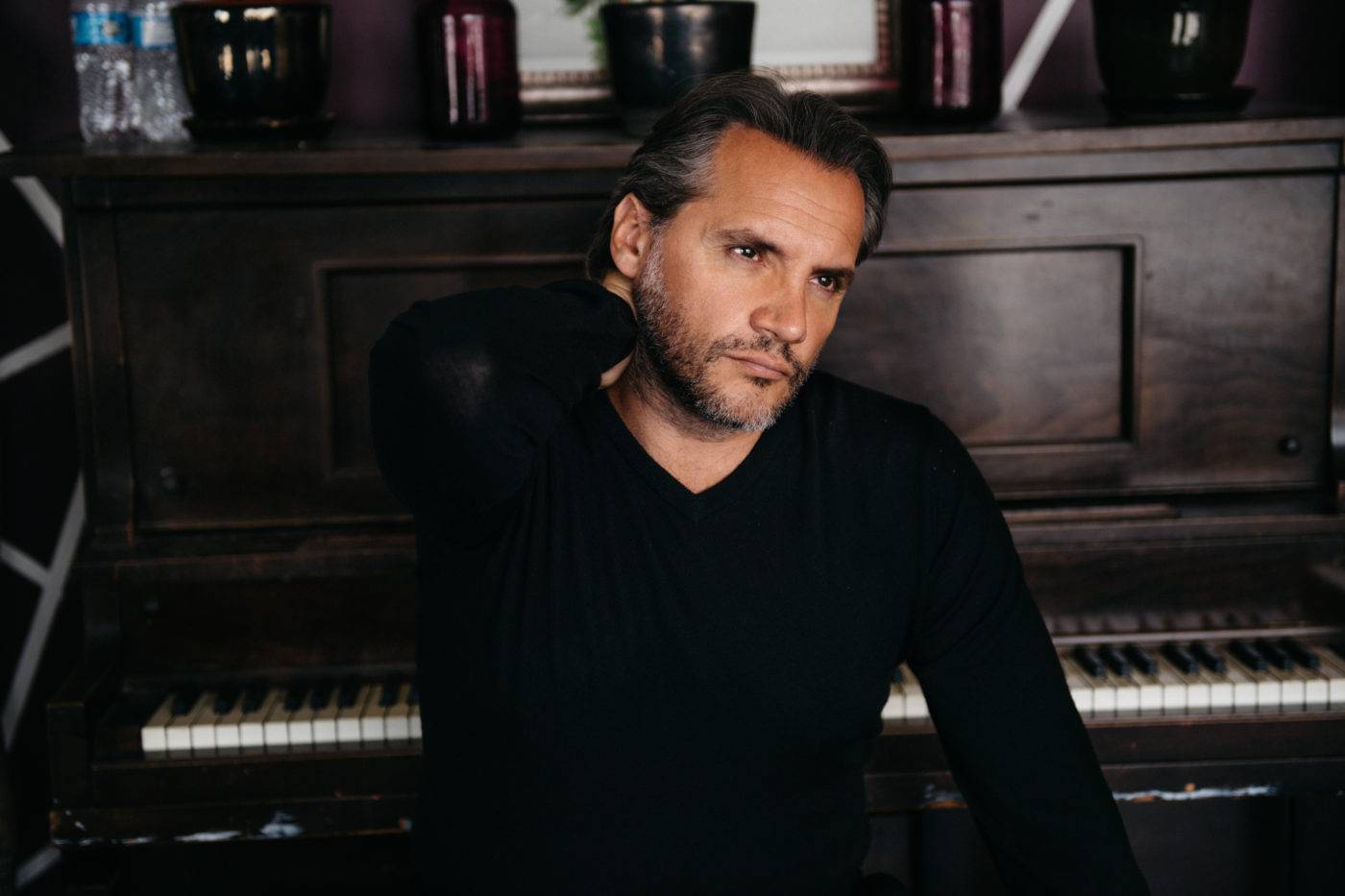Peter MacNeill's Journey Through Hollywood's Golden Age: A Retrospective
Guide or Summary:Early Beginnings and Ascent to StardomShining Stars and Iconic PerformancesLegacy and Lasting ImpactIn the golden age of Hollywood, where t……
Guide or Summary:
- Early Beginnings and Ascent to Stardom
- Shining Stars and Iconic Performances
- Legacy and Lasting Impact
In the golden age of Hollywood, where the silver screen shimmered with the brilliance of a thousand stars, one name stood out amidst the constellations of talent—Peter MacNeill. A name synonymous with grace, charm, and an undeniable presence on screen, MacNeill's career was a tapestry woven with the threads of classic films and timeless performances. This retrospective delves into the life and work of this distinguished actor, exploring his journey through the golden era of cinema, his contributions to the silver screen, and the legacy he left behind.
Early Beginnings and Ascent to Stardom
Born on January 24, 1907, Peter MacNeil entered the world with a charm and grace that would soon capture the hearts of audiences worldwide. His early life was marked by a passion for the arts and a natural talent for acting. After honing his craft at the prestigious Royal Academy of Dramatic Art in London, MacNeill ventured to the United States, where his career took flight.
His breakthrough role came in 1931 with the film "The Good Earth," directed by King Vidor. In this epic tale of love, loss, and redemption, MacNeill's portrayal of the noble and tragic character of Wang Lung earned him critical acclaim and cemented his status as a rising star in Hollywood.

Shining Stars and Iconic Performances
As the years unfolded, Peter MacNeill's career blossomed, and he became one of the most sought-after actors in the golden age of cinema. His performances were marked by a natural charisma and a deep understanding of human emotions, making him a favorite among directors and audiences alike.
One of his most iconic roles came in the 1935 film "The Great Ziegfeld," directed by Louis B. Mayer. In this musical extravaganza, MacNeill played the role of Florenz Ziegfeld, the legendary Broadway impresario. His portrayal was lauded for its authenticity and depth, showcasing his versatility as an actor.
Another standout performance came in 1937's "The Garden of Allah," directed by Michael Curtiz. In this poignant tale of love and cultural clash, MacNeill's nuanced performance as the enigmatic Arabian sheikh captivated audiences and critics alike.

Legacy and Lasting Impact
Throughout his illustrious career, Peter MacNeill appeared in over 100 films, including classics such as "The Thin Man," "The Informer," and "The Life and Death of Colonel Blouse." His contributions to the silver screen were not limited to acting; he also served as a producer and executive producer for several notable films.
Despite his success, MacNeill remained humble and dedicated to his craft. He continued to act well into his later years, appearing in films such as "The Last Hurrah" (1958) and "The Glass Key" (1942). His performances were always marked by a depth of emotion and a sincerity that resonated with audiences.
Peter MacNeill's legacy extends beyond his illustrious career. He was a true ambassador of the golden age of Hollywood, embodying the grace, elegance, and talent that characterized the era. His contributions to cinema have left an indelible mark on the history of film, and his name will forever be remembered as one of the greatest actors of his time.

In conclusion, Peter MacNeill's journey through Hollywood's golden age is a testament to his talent, dedication, and enduring legacy. From his early beginnings to his iconic performances and lasting impact, MacNeill's career is a shining example of the magic that can be achieved when passion meets talent. His story is a reminder of the timeless power of cinema and the enduring influence of the golden age of Hollywood.